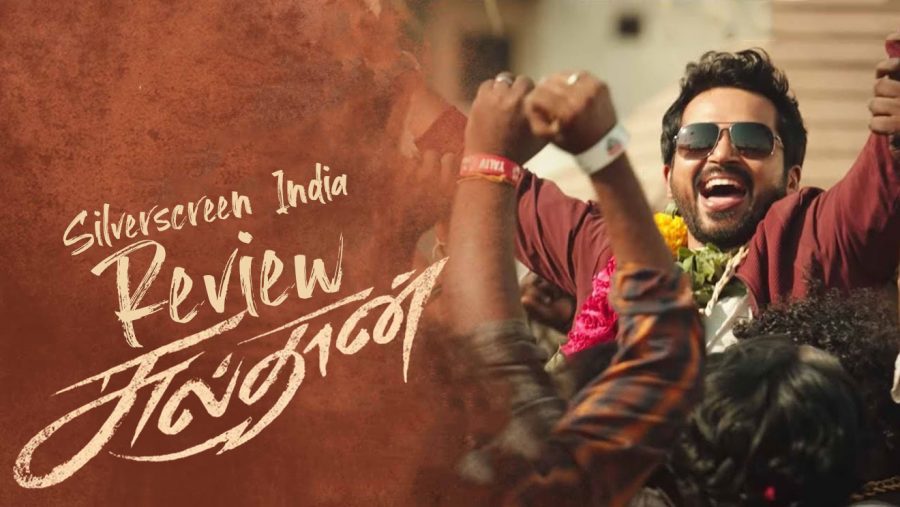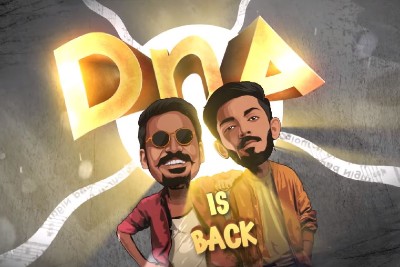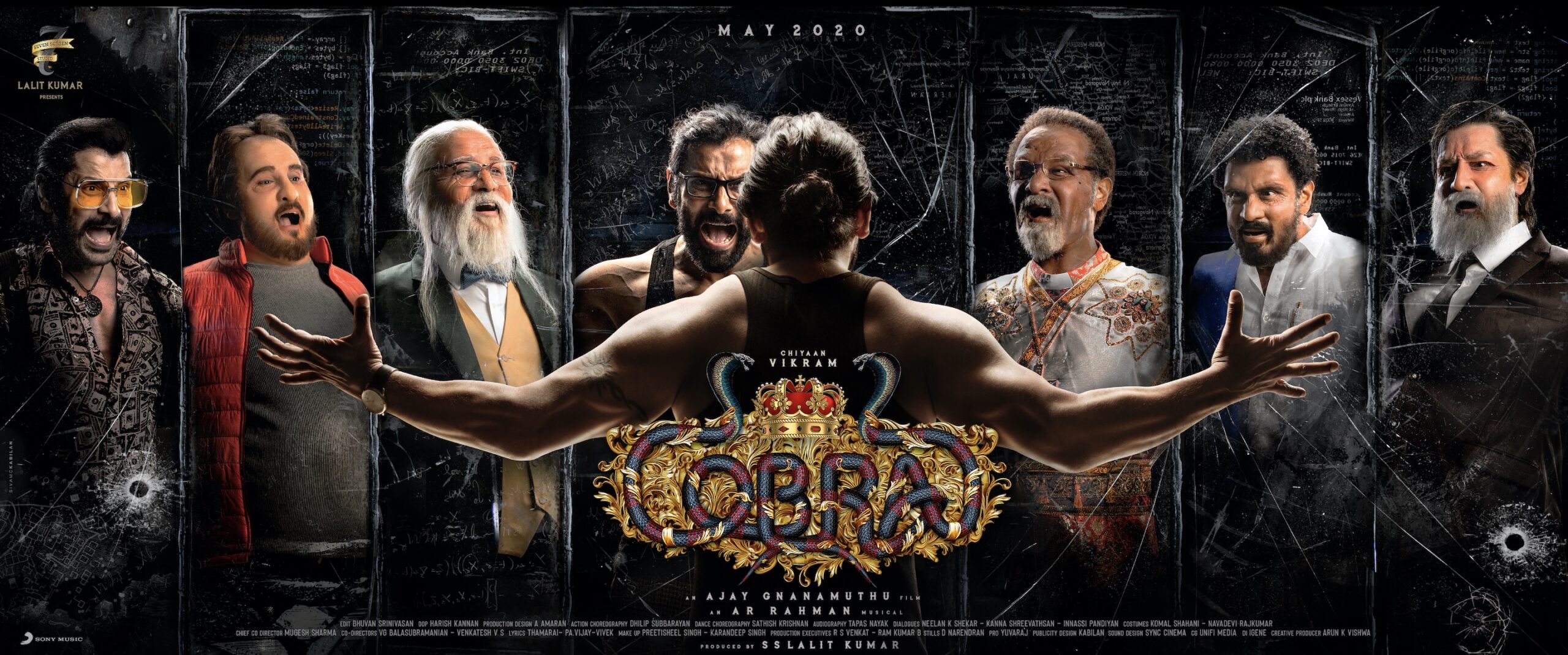Watching Sulthan in a movie hall is like entering familiar terrain. The characters, the emotional punches and the climactic scenes evoke a sense of déjà vu. The hero looks petite and prim, but he can send a hundred hefty rivals flying. The heroine might have the salon-perfect physical features of Rashmika Mandanna, but she is a farmer who ploughs the field in the hot sun, rears cattle, sells chicken in the village market and tutors NEET aspirants at a private institute.
Sulthan, directed by Bakkiyaraj Kannan, narrates an oft-repeated story about a little prince who has to take up the reins of his kingdom and lead the pack after the death of his father, the Lord (Napolean). Sulthan, the hero (Karthi Sivakumar), grew up in a giant mansion in Chennai that, despite the occasional bloody gang wars that result in the death of a few of its inhabitants, lives in love and order. One time, the hero, now a robotics engineer in Mumbai drawing a salary of three hundred thousand a month, returns home to be hit by the realisation that running a violent gang isn’t what he wants his father to do. He makes a heartfelt appeal, “You say these men are like your children. But why didn’t you give them the education that you gave me?”
One has to give it to these generic mass entertainers for holding together the regional film industries in India. They borrow plotlines and narrative devices from each other to cater to an audience they trained over the years to appreciate the homegrown aesthetics of the mass movies.
Sulthan is less a movie than a collage of different successful films. Sulthan’s (Karthi Sivakumar) return to his native village is a trip several heroes have taken before, in South Indian movies of various genres. In Maharshi (2019), Mahesh Babu’s high-flying software engineer transforms when he visits his native village. In Nuvvostanante Nenoddantana (2005), Siddharth, an NRI young man, weeps upon sighting the first sprouts on the farmland he ploughed and sowed. In films like Kathhi and Sarkar, Vijay returned from city to village and Los Angeles to Chennai, to save namma ooru makkal (My people).
Sulthan, an urban guy with modern ambitions, is indifferent towards the suffering of the villagers at first. Soon, with the help of a young woman (Rashmika Mandanna) he had fallen head-over-heels in love with the very first day of arriving in the village, he decides to liberate the villagers from the hands of a mighty villain (Ramachandra Raju) and a mining mafia run by a man who speaks Tamil like he is chewing gum. Unless you have been living under a rock all your life, you know how this movie ends.
Like these other movies, Sulthan caters to the lowest common denominator by preaching the virtue of village life and agriculture. It uses an ever-popular trope in mainstream cinema ﹣a hero who takes on powerful corporations with the help of the general public, the underdogs.
But unlike films like Kaththi that made an effort to do something novel within this framework, Sulthan is exhaustingly complacent. Sulthan preaches about pacifism, but since he is the quintessential mass hero, he cannot say no to performing an absurd action sequence in front of an audience. A pivotal scene in the film has Sulthan fighting off a group of armed men at night while maintaining complete silence. The villainy of the bad guy is tuned to the highest decibel using shots of him beating up frail old men and children so that the audience would root for the hero when he takes him on in the final sequence. The villagers are objects of poverty. They exhibit their suffering by beating their chest and wailing as the villains go about raiding the village. But the heroine isn’t treated as one of the villagers. She is beautiful, composed and idealistic. She represents the idyll and heralds the hero’s transformation. In a song where the hero follows her everywhere, swooning over her beauty, she is seen working on the farm while maintaining a perfect hairdo and make-up.
Recommended
Karthi delivers a mature performance as Sulthan. Rashmika has regressed a long way down the road from her Dear Comrade days. In Sulthan, she could have sent in her lifesize cut-out to play the role. Hareesh Peradi plays a police commissioner whose callous and illegal encounter killings gets a pat on the back from the hero. Peradi’s performance is stagey and dull.
For an audience who wants to look beyond the small and off-beat films made during the pandemic lockdown, Sulthan might come across as a relieving return to the familiar. There is little else to be said about this worn-out mass entertainer.
The Sulthan review is a Silverscreen original article. It was not paid for or commissioned by anyone associated with the film. Silverscreenindia.com and its writers do not have any commercial relationship with movies that are reviewed on the site.



